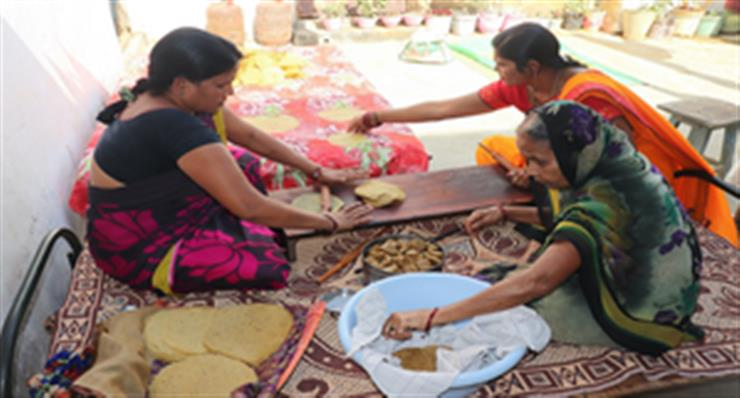
New Delhi: The government has reported that the Startup Village Entrepreneurship Programme (SVEP) has supported a total of 313,464 enterprises to date. Dr. Chandra Sekhar Pemmasani, Minister of State for Rural Development, provided this information in a written response to the Rajya Sabha, noting that the total central funding released to states and union territories under SVEP amounts to Rs 561.13 crore.
The SVEP has been approved in 429 blocks across 31 states and union territories, including Puducherry. Of these, detailed project reports (DPRs) have been approved in 280 blocks, and implementation of the programme has commenced, according to the minister.
A mid-term review conducted by the Quality Council of India (QCI) in 2018-19 indicated that the programme has successfully met its objectives. Notably, about 82% of the entrepreneurs involved belong to Scheduled Caste, Scheduled Tribe, and Other Backward Class categories, while 75% of the enterprises are owned and managed by women.
The enterprises promoted under SVEP contribute nearly 57% of the total household income. The minister highlighted that the average gross income of entrepreneurs exceeds their initial aspirational income projected when starting their businesses. Additionally, around 96% of entrepreneurs reported an increase in savings, and 70% found it easy to obtain loans from the Community Enterprise Fund (CEF).
The programme also facilitates exposure visits for entrepreneurs to various community institutions for enhanced learning. SVEP, a sub-scheme of the Deendayal Antyodaya Yojana–National Rural Livelihoods Mission (DAY-NRLM), aims to assist self-help groups (SHGs) and their families in establishing small enterprises in the non-farm sector. Each SVEP project is implemented over a four-year period, having been approved on May 6, 2015, with action plans for implementation invited from state governments during 2015-16.
